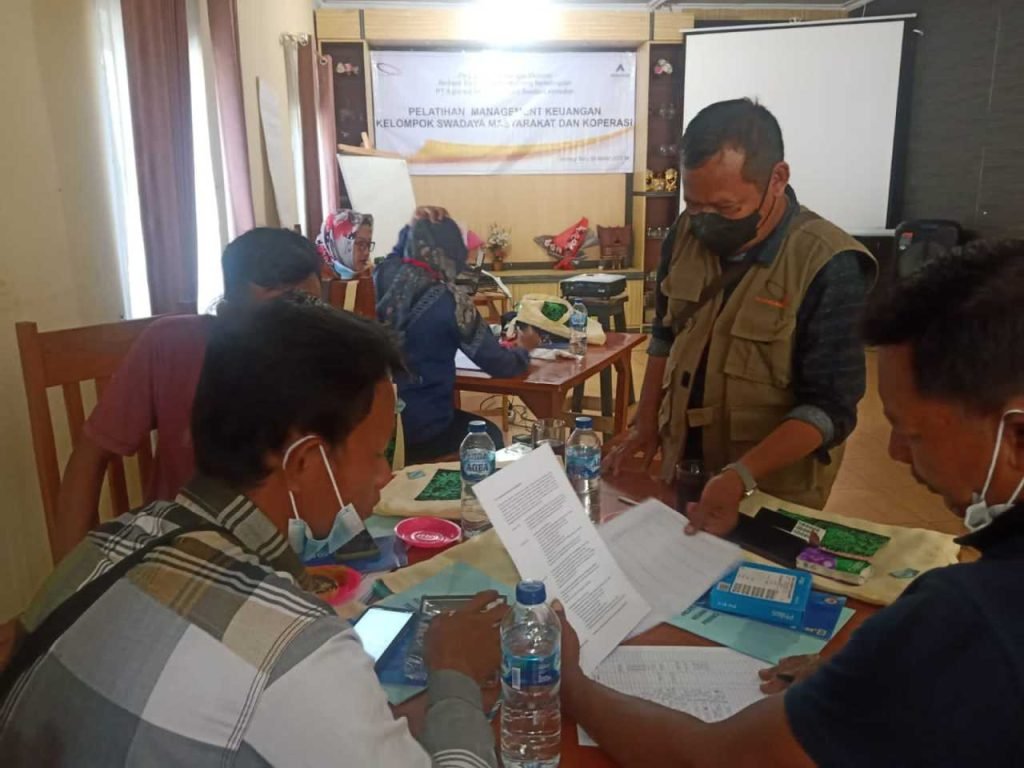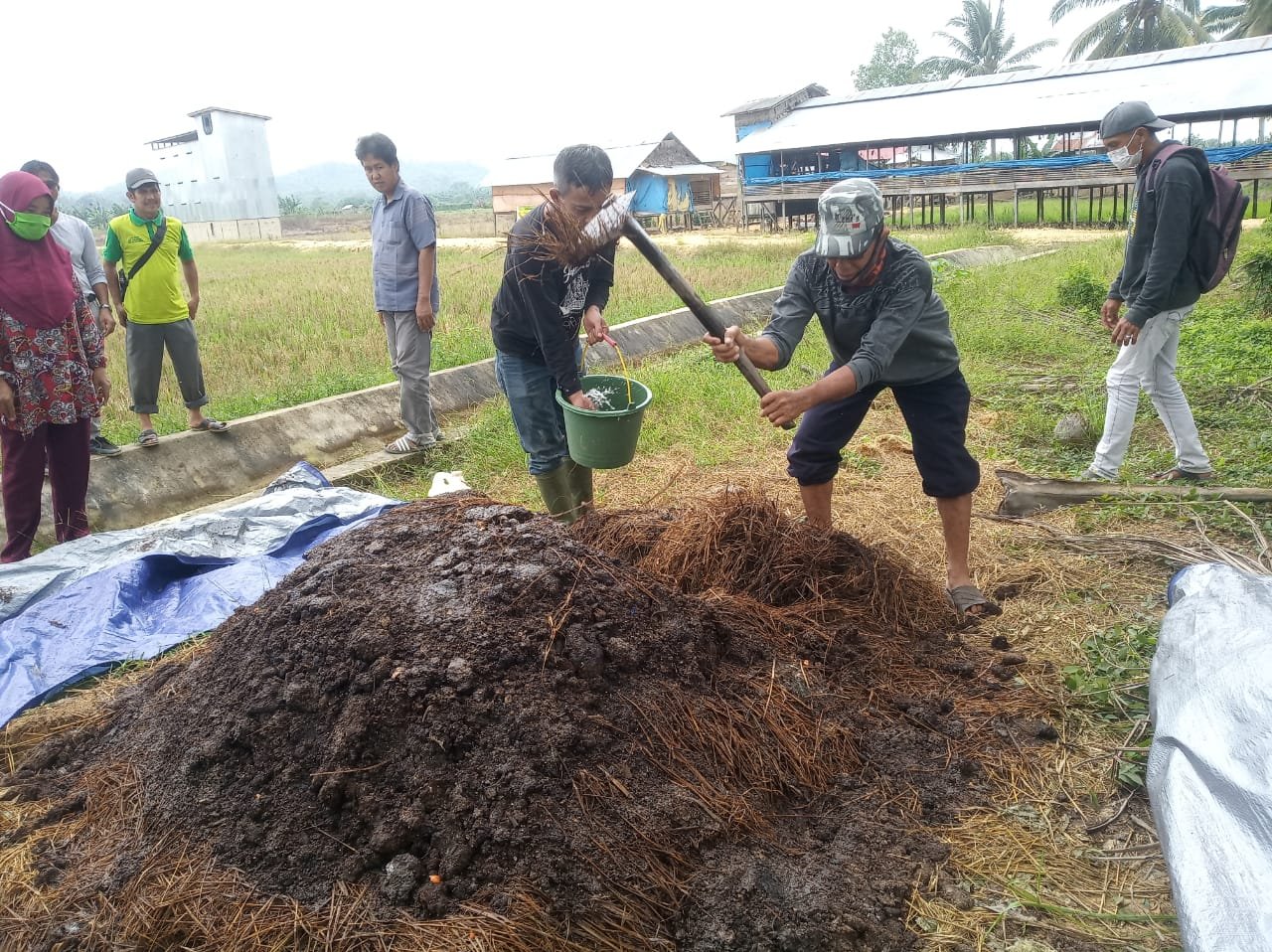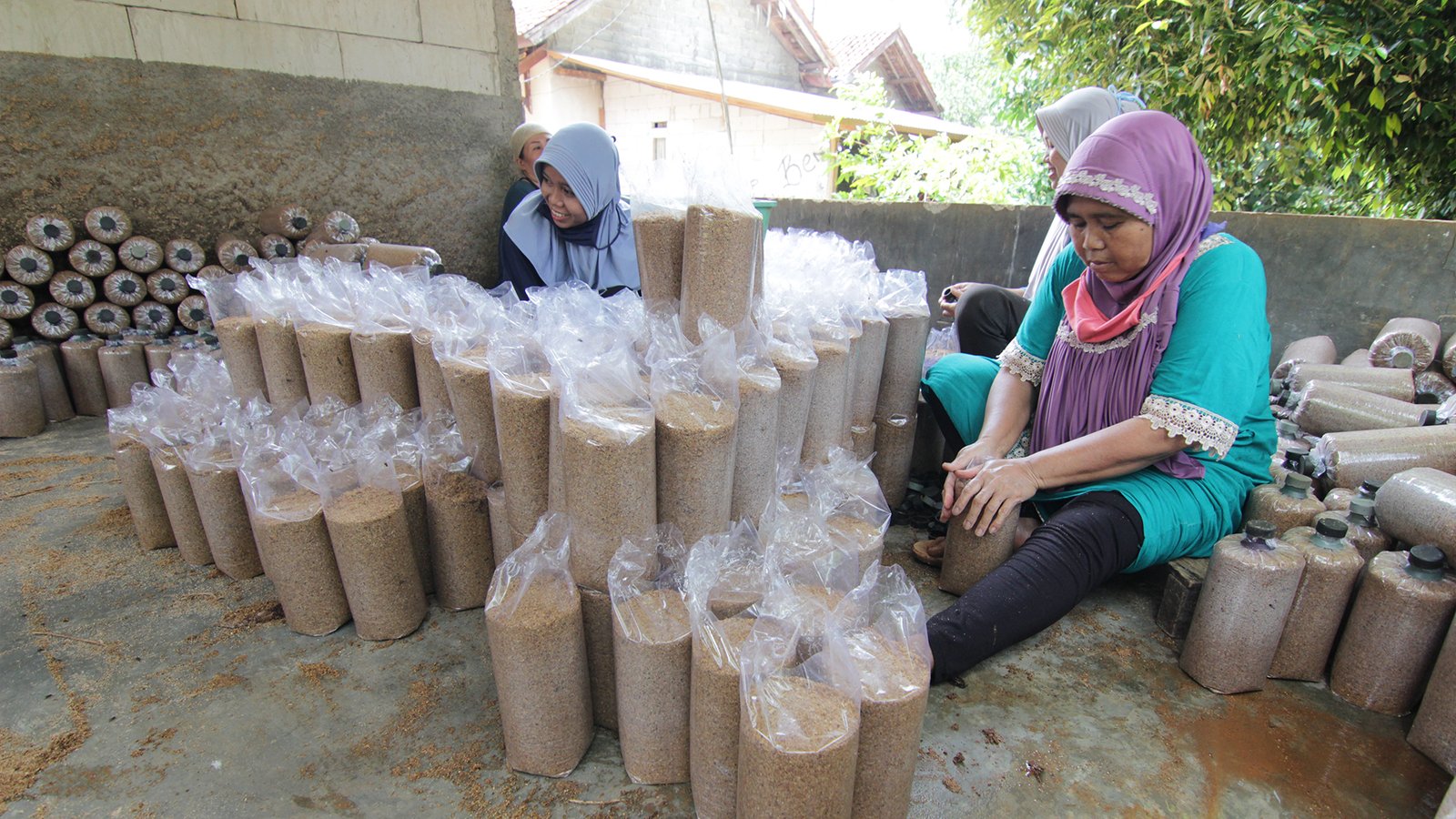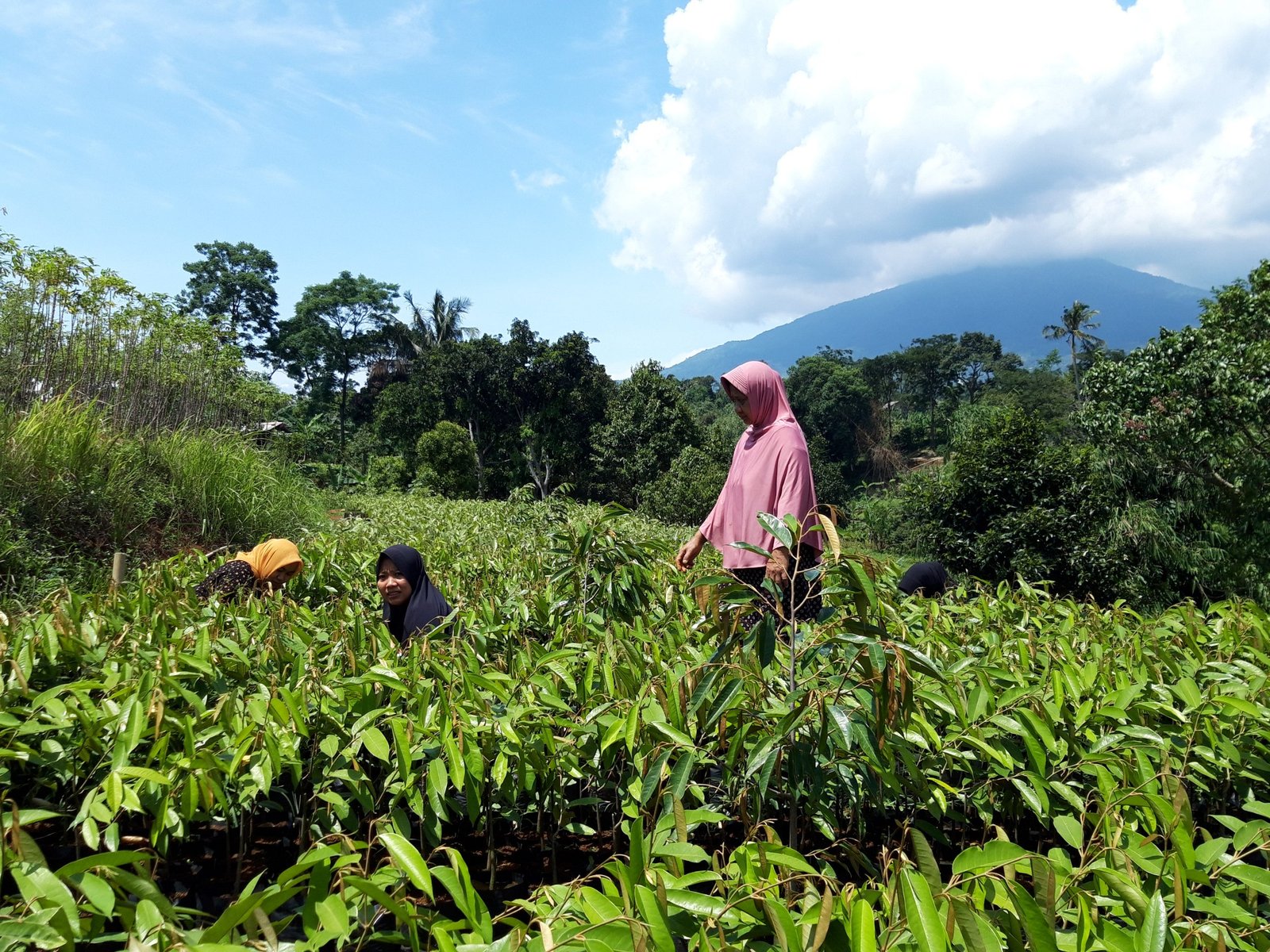
The Covid-19 pandemic has become a momentum for transforming society to create new opportunities to accelerate digital technology. Digitalisation is touted as the key to national economic recovery amid the Covid-19 pandemic. However, using digital-based innovation to improve the digital economy can be done through a community empowerment approach.
Community empowerment that can be done during the Covid-19 pandemic is one of them by introducing digital marketing for MSME actors. Digital marketing is a form of online promotion and market search activities by utilising social networks with online product or service sales platforms.
Although it has the potential to improve the digital economy, several obstacles, such as limited technological capabilities and internet access, as well as the assumption that promoting products to digital marketing through social media and marketplaces is a troublesome thing, make some MSME players reluctant to market their products through social media.
Responding to these challenges, the Founder of Kolektive.id and Community Empowerment Consultant, Yudi Utomo, revealed that after the Covid-19 pandemic, the digital world is accelerating. In the future, the digital world will increasingly become a necessity. Now, companies are starting to transform to digital.
“Digitalization is inevitable. Like it or not, like it or not, we must start utilizing digital technology to develop business,” said Yudi in the Wisma Hijau Talk with the theme “Digitalization for Community Empowerment” which was held virtually, Tuesday (29/03).
According to her, in the current era of digitalisation, women have an important role in being empowered in the digital economic sector. Women’s economic empowerment increases women’s power over financial decisions that can affect their lives in society. Women’s economic empowerment can be achieved through access to and control over income and assets.
“But what is happening now is women still have no control over the income/assets themselves because most of them are still managed by men. Women can also contribute as much to the economy as men,” he added.
On the same occasion, the Director of Livinode, Norman Andriono, explained that the world is changing very quickly in the current era of digitalisation. However, the question is whether society is ready to adapt to the speed of the digital world?
“If we look at the development of trade transactions that used to be done traditionally by simply opening a store, with the rapid growth of technology, it is now starting to shift to e-commerce, then now it is starting to change to multichannel, even now there is such a thing as an omnichannel platform. To do it all, it does require much effort, “explained Norman, who also serves as Manager of Wheaton Press Indonesia.
Furthermore, Norman invited the public to dare to adapt to the presence of digital technology. Digital technology allows one to create a platform to empower society on a larger scale.
Based on We Are Social data from February 2022, Indonesia’s active social media users increased by 12.6% from last year to around 21 million people. Meanwhile, domestic internet users increased by 2.1 million people within one year or an increase of 1.0%.
“The increasing average daily time spent by people using social media and the increase in users on various social media platforms indicates that the potential for digitalisation is very large when viewed from the data on the number of active users,” he said.
Furthermore, Norman said the top search for YouTube in Indonesia is dominated by entertainment content, such as songs, movies, karaoke, to children’s cartoons.
“Thankfully, currently, video content on YouTube has begun to grow. As many as 46.5% of people watch tutorial videos, then as many as 39.6% of people watch educational videos.”
This means, continued Norman, the challenge in our future is that educational content that can empower the community must be more and more. These educational contents must also be relevant and attractively packaged according to the trend. In addition, it is required to quickly and massively do it. Capturing collaboration is an important component because educational content must run with others.
“Our biggest mistake is when someone is just a critic but doesn’t dare to take action, conveying a message digitally. So digital media is filled with content that does not educate. Still, we have a great opportunity to present educational content that can empower the community,” he concluded.






